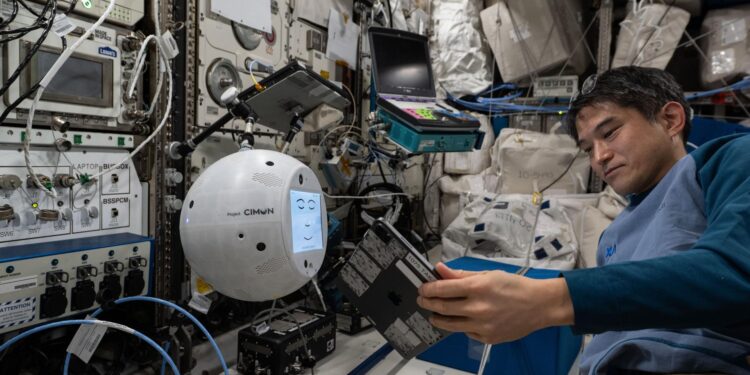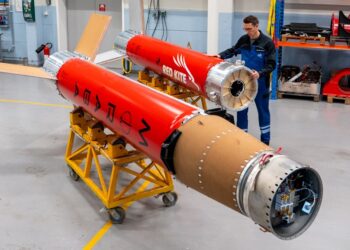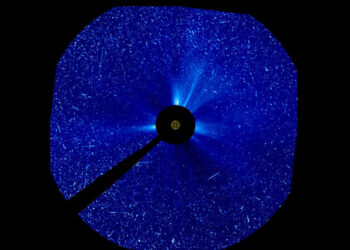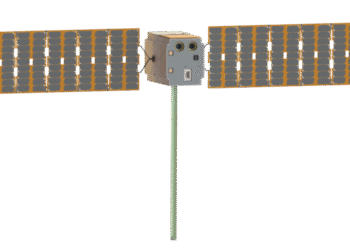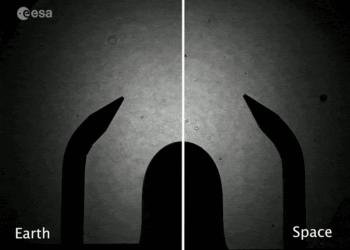The International Space Station (ISS) continues to be a hub of innovation and research with significant advancements in both AI robotics and muscle research. These developments are aimed at bolstering the support for astronauts on board. The fusion of AI and robotic technologies allows for more efficient management of daily tasks, which is vital in the challenging environment of space.
One of the key areas of focus is enhancing the way astronauts interact with their equipment and surroundings. AI-driven robotics is making it possible to automate certain tasks, thereby allowing crew members to devote more time to vital research and mission-critical activities. This is particularly important as missions become more extended and complex.
Additionally, muscle research on the ISS is tackling the unique challenges posed by microgravity. Extended stays in space can lead to muscle atrophy, which is a significant health concern for astronauts. By studying muscle adaptation in low gravity, researchers hope to develop countermeasures that will benefit not just astronauts but also people on Earth who suffer from muscle degradation and related conditions.
As preparations continue for the next crew launch, these advancements are paving the way for more prolonged and sustainable space exploration missions. By employing cutting-edge technology and research, the ISS remains at the forefront of space innovation.
More details about these ongoing research initiatives and future missions can be found on the NASA blog.


